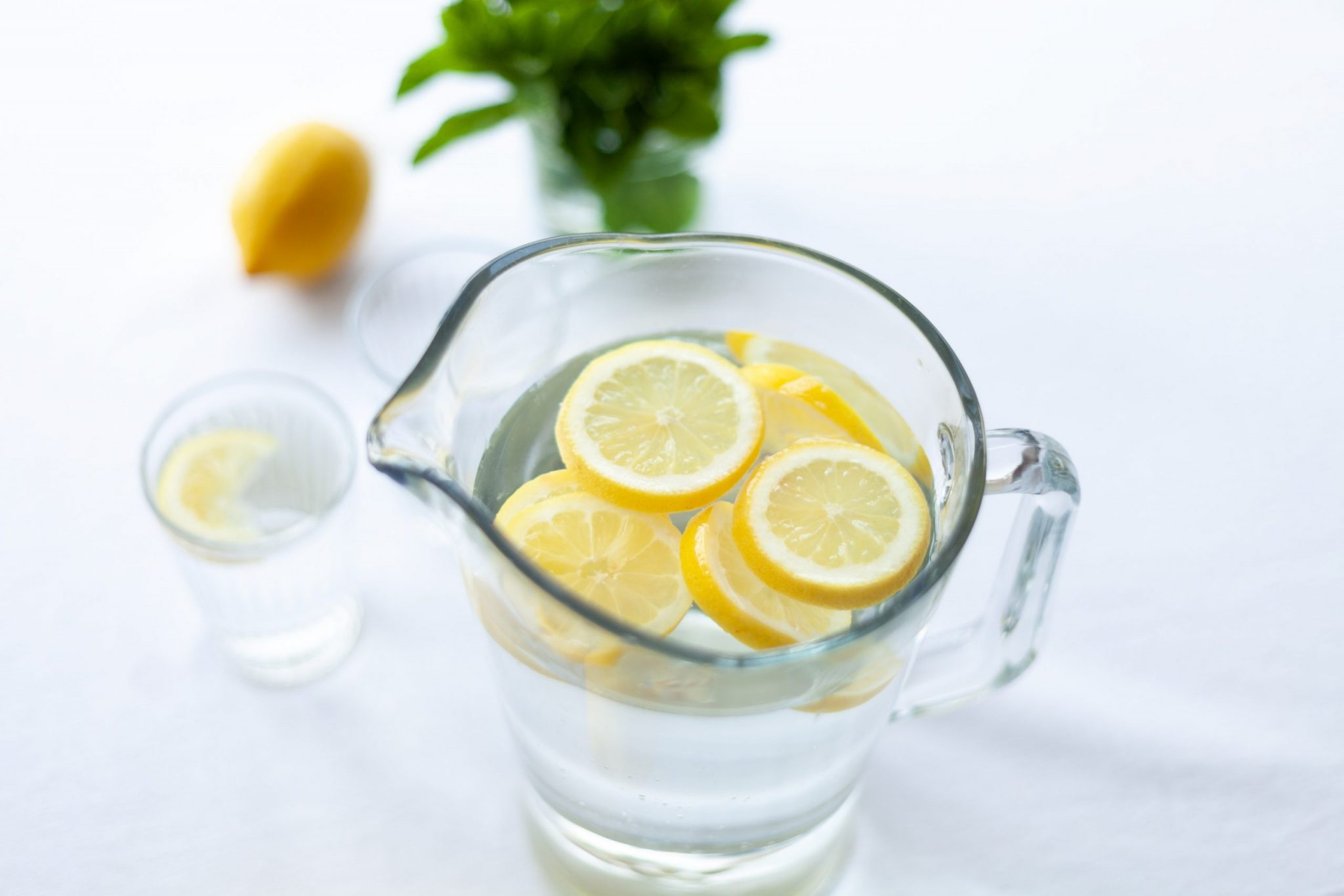Water is essential for life. We all know this. Each of us should be drinking more clean water. We know this too. But what not enough people are aware of is water quality and how it affects them. It turns out that not all water is created equal. There are thousands upon thousands of toxic chemicals, unnecessary additives, and organic compounds that can be floating around in the water you drink, cook with, and let seep into your skin while you bathe or shower. Some of these contaminants have serious health risks associated with them.
The following will break down the information you need to know regarding your water and offer some guidelines and solutions to help you make sure you’re doing everything you can to keep yourself, your family, and your pets safe and healthy. If you suspect for any reason that your water is not safe to drink, stop consuming it immediately, and get your water tested. There are kits available that will produce results within minutes.
Who Needs to Think About Clean Water?
In short, everyone. There are three familiar sources of household water: well, rain cistern, and city water. Each has its own set of possible problems. The only way you can be entirely sure about whether your water is safe is by having it tested. Testing kits can be relatively cheap, and within a day (sometimes minutes), they will let you know what is in your water. You might assume that your water is adequate because of where you live, but think again. It is estimated that over 63 million Americans have unsafe drinking water. Thousands of possible contaminants can get into your water from different sources.
Get your water tested, in particular, if you notice a foul taste, smell, or color. This can be a good indicator that there are things that aren’t good for you in the water. This being said, some compounds like microplastics can be much harder to detect with our senses (especially if we’ve lived our whole lives with them in our water, so we don’t know they shouldn’t be there). Pay attention to whether friends comment on the taste or smell of your water. You may have gotten used to something you shouldn’t have.
What Problems Can Come From Contaminated Water?
This being said, when we’re thinking about not clean water, we don’t just mean water that has an unpalatable taste or smell; we mean water that can be doing severe damage to you and your loved ones. Cancer and cardiovascular problems are only the tip of the iceberg. Unclean water can damage nearly every part of your body because every part of you uses the water.
Hormone disruption (which can negatively alter mood, energy levels, weight gain, and fertility) is also a common outcome of ingesting contaminated water. Beyond this, many serious and painful health conditions can arise due to bacteria in water, including diarrhea, cholera, dysentery, polio, hepatitis A, and typhoid. If you think that these aren’t a concern for you because they sound old-fashioned, you might be surprised to learn that California currently has outbreaks of several of these illnesses. Take the time to make sure you’re not at risk for any of these conditions.
What Do I Do If My Water Is Bad?
First and foremost, stop drinking it for the time being. It might seem like a hassle to run to the store for clean water because you already have it at home, but your health is too important. Experts at waterfiltersadvisor.com/ suggest using the list of contaminants you received when you tested your water to guide you in your search for a water filter or water filtration system. There are filters designed for this exact reason.
When selecting a water filter, make sure to research the timeline within which the filter cartridge needs to be replaced. If you already have a water filter, look it up online to ensure that your cartridge is still functioning. There are countless models with different time frames, but you can expect the average filter will need to be changed once every two months or so.
The above information is designed to serve as guidelines only. There are so many things that can be wrong with water today, from radioactive contamination to volatile organic compounds to bacteria growth. Each neighborhood and home is different, and it follows that each water system has different elements that need to be monitored.
It is vital that if you have found something scary in your water, be sure to seek out medical attention whether or not you feel bad. Sometimes toxins take time to damage your system—a doctor can let you know whether there are any things you should be doing to mitigate the potential damage done.


